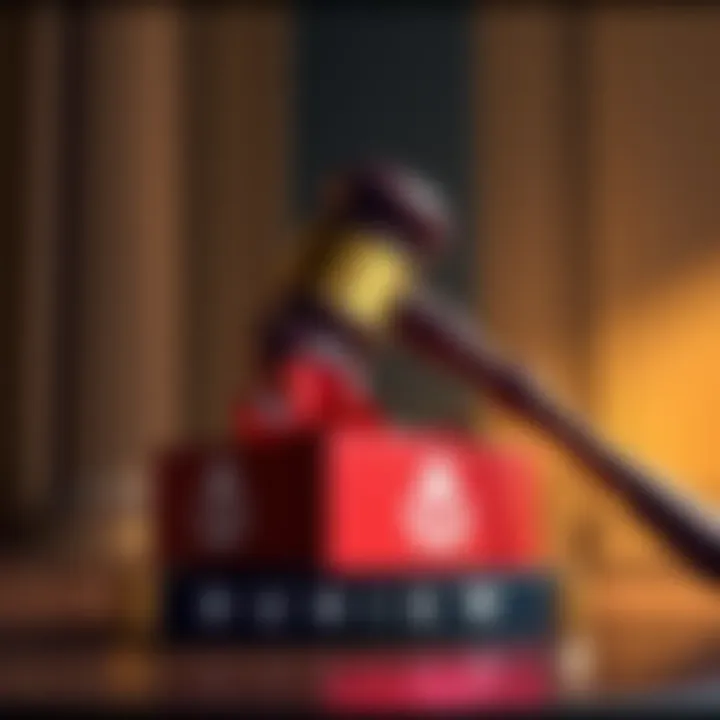Courts Reject Bungie’s Motion | Red War Lawsuit Takes a Turn
Edited By
James Lee

A court has denied Bungie’s motion to dismiss the lawsuit over Destiny 2's Red War campaign. This ruling dismisses Bungie's evidence—YouTube videos and fan wikis—as insufficient, citing "third-party origination" with "authenticity not established." This development raises questions about Bungie's approach moving forward.
What This Means for Bungie
Bungie faces growing scrutiny as it contends with this lawsuit claiming the game’s narrative closely mirrors another creator's work. People are eager to see how Bungie will counter this in future filings, especially considering the court's rejection of its initial arguments.
Court's Dismissal Details
The court emphasized that supporting evidence from external sources does not hold water in this instance. Commenters have expressed disbelief over Bungie's legal strategy, highlighting that:
"it would be better to submit their own content for comparison."
"There’s speculation they might have to even recreate portions of the game."
Fan Reactions
The backlash against Bungie’s defense strategy is palpable among the community:
"Would be hilarious if Bungie had to unvault and add the Red War campaign back into the live game just to fight this lawsuit."
In contrast, some believe the lawsuit lacks merit, indicating:
"This lawsuit has no chance"
"Martineau's comparisons seem absurd at best."
Key Takeaways
📉 Bungie's motion to dismiss denied; court favors lawsuit progression.
🔍 Fans critique Bungie’s legal approach, suggesting alternative strategies.
🤔 Speculation grows on potential game content revival due to lawsuit pressures.
As Bungie navigates these turbulent legal waters, the eyes of the gaming world remain fixed on future proceedings. The outcome of this case could have lasting implications on how game narratives are protected under copyright laws.
